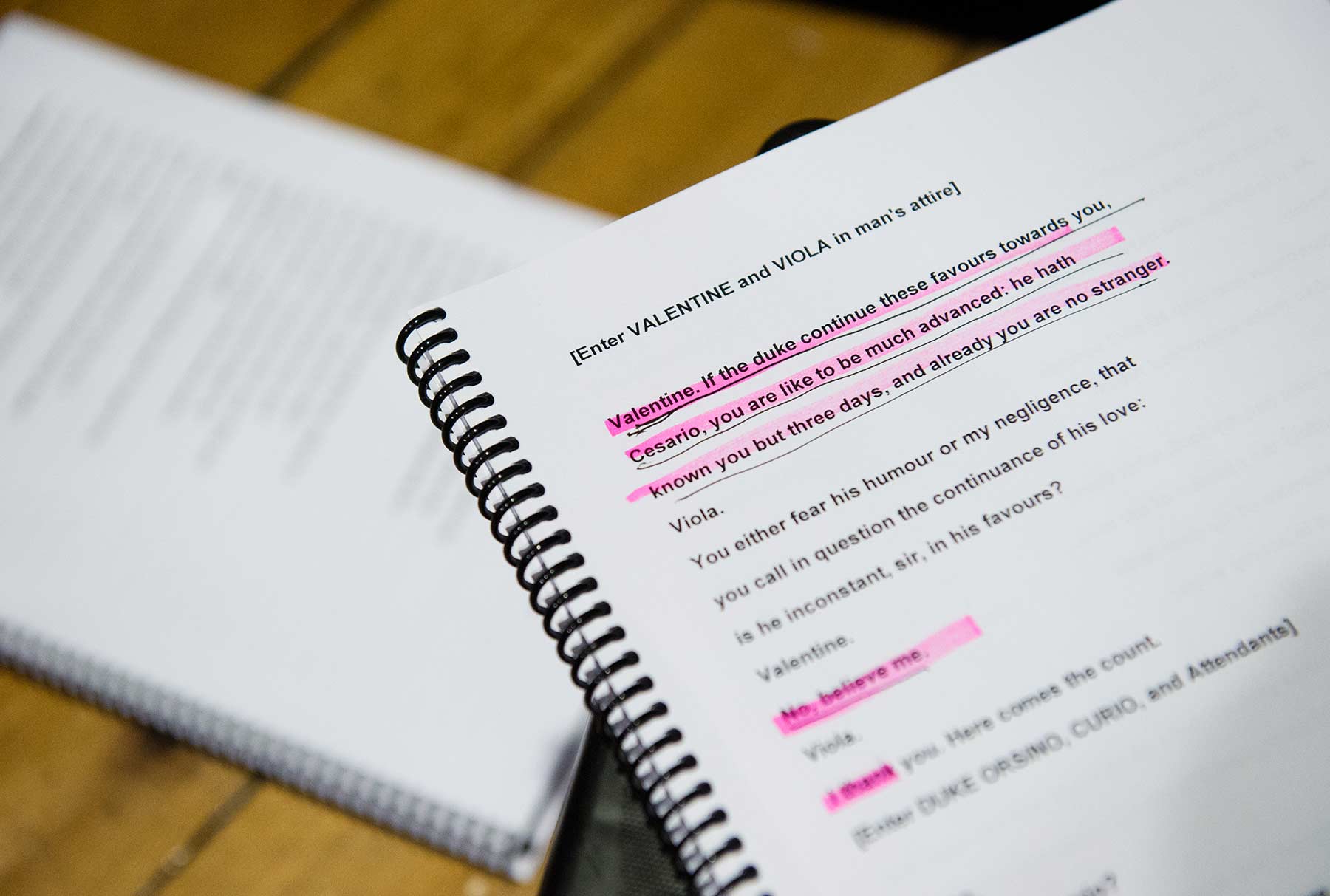Biography
Barry MacSweeney, poet, was born in 1948 in Newcastle upon Tyne and attended Rutherford Grammar School.
Journalism
Barry left school at 16 to become a cub reporter on the Newcastle Evening Chronicle then moved on to study journalism at Harlow Technical College. He subsequently worked on various provincial newspapers including the South Kentish Times, the Evening Dispatch, Darlington and the South Shields Gazette. He later worked as a freelance journalist, contributing to national newspapers and most recently worked as the North of England correspondent for the shipping and insurance newspaper Lloyd's Lists.
Poetry
As a poet, MacSweeney commenced writing early and, as a consequence of maturing in Newcastle during the 1960s, was influenced by the vigour of the poetry scene at that time. At the offices of the Chronicle he came into contact with Basil Bunting who was then working as sub editor.
More than any other British poet MacSweeney was possessed by the knowledge that, being one of those gifted with language, he was also cursed. His was a true 'sickness vocation' - questing for the heats and silks of fame...
Bunting's poetry, and those of younger contemporaries, could be heard at the Morden Tower, an enterprise set up by Tom Pickard and his wife Connie, who organised readings by influential local, national and international poets. MacSweeney was both contributor and participant at these readings. In 1967, aged 19, Barry MacSweeney hosted the Sparty Lea Poetry Festival near Allenheads, Northumberland. The Festival was a huge success, bringing together a wide variety of poets including Jeremy Prynne, Tom Pickard, Connie Pickard, Andrew Crozier, Peter Riley, John Hall and Pete Armstrong. Following this event, MacSweeney released his first book of poems The Boy from the Green Cabaret Tells of his Mother. published by Hutchinsons in 1968 under the New Authors series.
1970s and 80s
The book was well received and sold well and, at 19, MacSweeney was catapulted into the public domain by being nominated for the Oxford Chair of Poetry by Hutchinsons. It was a pure publicity stunt. MacSweeney received three votes, but lost a lot more personally. Afterwards he found it difficult to be published by mainstream publishers and set up his own press, Blacksuede Boot Press in 1970.
After the debacle of the Poetry Chair in 1968, MacSweeney looked towards the Cambridge school of poets. In particular, MacSweeney became close friends with Jeremy Prynne but the group as a whole can be seen to have influenced the development of MacSweeney's poetic style. Some of the archive material relates to material passed between this group.
He published prolifically during the 1970s and 1980s, some published as short works, others as parts of mixed anthologies or in small presses or little magazines with small or local distribution. His style was both urban and naturalistic and reflected the love of the city, in particular Newcastle, but it also reflected his great awareness of the land and sea on the city's peripheries.
During the mid 1970s MacSweeney served as chairman of the Poetry Society, whilst also teaching journalism and creative writing. In the 1980s Barry went on to work as a voluntary tutor in adult literacy in Newcastle.
1990s to death in 2000
In the 1990s, with the publication by mainstream publishers of Pearl and The Book of Demons, he was recognised as a talent by a new audience. In 1997 he received the Paul Hamlyn Award for The Book of Demons. In 1996 he was runner up in the Northern Arts Artist of the Year Award.
Alcohol dependence and subsequent ill health led to his early death in May 2000.
The papers were given to the library by the family of Barry MacSweeney in May 2001. Additional material in the form of small gifts to the archive have been given by Robert Sheppard, Nate Dorward and Peter Riley.
